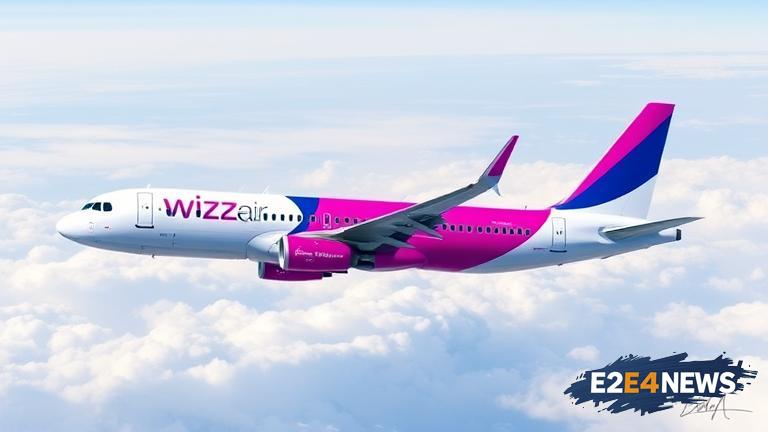Wizz Air, a prominent European low-cost carrier, has announced its intention to reduce its order for the Airbus A321XLR, a long-range, narrow-body aircraft. This decision comes on the heels of the airline’s strategic decision to cease operations in Abu Dhabi, marking a significant shift in its business strategy. The A321XLR, with its extended range and improved fuel efficiency, was initially seen as a key component of Wizz Air’s expansion plans. However, with the airline’s withdrawal from the Abu Dhabi market, the need for these aircraft has diminished. Wizz Air had initially ordered 20 A321XLRs, but the airline is now in discussions with Airbus to revise this order. The exact number of aircraft to be canceled or deferred has not been disclosed, but it is expected that the reduction will be substantial. This move is part of Wizz Air’s broader efforts to optimize its fleet and network in response to changing market conditions. The airline has been expanding rapidly in recent years, but the COVID-19 pandemic has forced a reevaluation of its growth strategy. By scaling back its A321XLR order, Wizz Air aims to better align its fleet with its revised business plan. The decision is also expected to have implications for the airline’s financial performance, as it will reduce capital expenditures and minimize potential losses associated with unused aircraft. Wizz Air’s withdrawal from Abu Dhabi is seen as a response to increased competition in the region, as well as a desire to focus on more profitable markets. The airline has stated that it will continue to operate in the Middle East, but will do so with a more targeted approach. The A321XLR, meanwhile, remains a highly anticipated aircraft, with many airlines expressing interest in its capabilities. Despite Wizz Air’s reduced order, Airbus is expected to maintain a strong order book for the A321XLR, with other carriers looking to capitalize on its range and efficiency. As the aviation industry continues to evolve, airlines are being forced to adapt and make tough decisions about their fleets and networks. Wizz Air’s decision to scale back its A321XLR order is just one example of this trend, as airlines seek to navigate the challenges and opportunities presented by the COVID-19 pandemic and other market shifts. In conclusion, Wizz Air’s decision to reduce its A321XLR order reflects the airline’s efforts to respond to changing market conditions and optimize its fleet and network. While the exact implications of this decision remain to be seen, it is clear that Wizz Air is committed to adapting and evolving in order to remain competitive in the rapidly changing aviation landscape.
